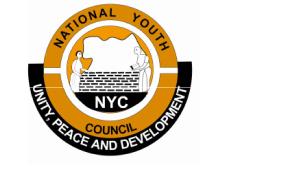Event reports
The decentralization system in Uganda was created in an effort to, amongst other goals, make governance at the local level more inclusive, which also led to the creation of a multiplicity of mechanisms for youth inclusion in the political process. A key result of this process then was that at all local levels, there are currently two youth representative structures in existence, two youth councilors (one male and one female) that sit at the different levels of the local councils and one parallel youth council that exists outside of the local council structure, but functions as an arm of the National Youth Council and serves as the electoral college for the five Youth MPs elected into Parliament.
The meeting in Gulu brought together those youth representatives who participated in the joint training focusing on issues of leadership, local governance and youth representation and programmes. One core area of debate in this regard was the need to better harmonize local youth structures for more efficient representation and involvement of the youth, especially in economic empowerment programmes such as the Youth Livelihood Fund. Another critical issue of debate was the tenure and institutional framework of the National Youth Council overall, and therefore also the local youth councils, as according to the National Youth Council Act Amendment 2003 Section 25A (1) the period of tenure for the National youth Council is 4 years and has therefore lapsed already since the last elections were held early 2011, together with the general elections. As a result the legal vacuum was created in a situation, where large projects such as the Youth Livelihood Fund are channeled through these structures.
As a result, the participants of the training resolved to sign a common petition to the two relevant ministries for the two youth structures, the Ministry of Local Government and the ministry of Gender, Labor and Development, to call for rectification of this situation. This petition resulted in a meeting of the Secretary General of the Ministry of Gender with over 400 Youth Councilors on Tuesday 28th April, where the youth tabled several proposals to be forwarded to the Cabinet, including a call for the establishment of a Ministry of Youth (as opposed to the current arrangement of being grouped under the Ministry of Gender, Labour and Social Development).
Moreover, the training was used as an occasion to prepare for and more deeply explore the issue of youth mobilization and information during the electoral process towards the upcoming elections 2016. In this context the participants identified the key challenges to youth participation including lack of information, disillusionment with the validity of the system, and focus on short term benefits over the creation of a genuine social contract with elected leaders.










